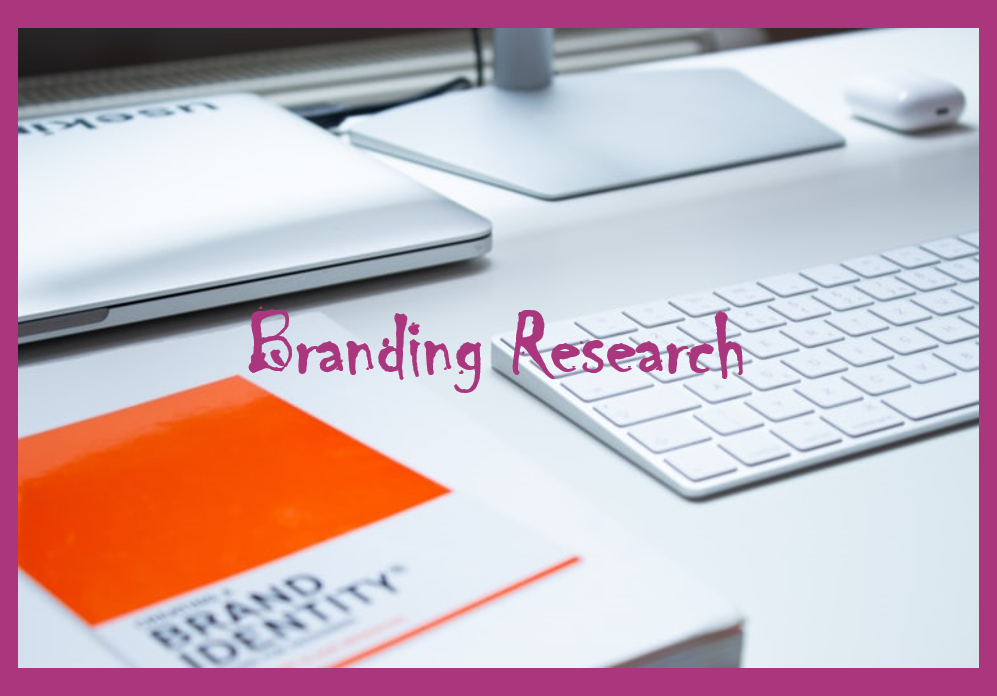7 Steps to Consider in Branding Research

Branding without data is like driving with your eyes closed.
So how does an MSME conduct Branding Research? Let’s run through a practical example.
Our client within the financial industry wanted to get feedback on the perception of their brand in comparison to other financial service provider brands. And so they reached out to us! Below are the 7 steps we took to help them accomplish their business objective.
Step 1: Identify your Business and Research Objectives.
- The client’s business objective was to understand the perception of their brand in comparison to other financial service provider brands
- Our research objective was to identify the positioning of the brand as well as the positioning of their top competitors.
Step 2: Create your Research Questions.
Our Research Questions were as follows
- How salient is the client’s brand in the industry?
- How is the client’s brand perceived?
- What brand assets are associated with the client’s brand?
- What are some usage barriers associated with the client’s brand?
Step 3: Identify your Target Audience.
- We wanted to speak to users of the client’s brand as well as to users of the competitors’ brands
- The client’s target markets are those between the ages of 18-40 years old.
Step 4: Choose a data collection Methodology.
- We conducted Focus Group discussions because they provide rich insights in a time-efficient manner. And they allow for further probing and clarification on specific areas of interest. We were able to have a rich discussion; comparing the client’s brand with those of competitors
Step 5: After selecting your Methodology. Execute your chosen Methodology
- In our moderator’s guide, we started by introducing participants to the project (do not give a lot of details so as not to bias their responses).
- We provided rules of engagement which entail respecting people’s opinions and confidentiality.
- We started with an ice breaker for example, ‘what technology do you think has had the greatest impact on society?’
- Next, we asked questions about their financial inclusivity and then asked specifically about our client’s brand. Questions such as
- Whether or not they have used them, which financial service provider do they know of?
- Which financial service provider have they used?
- Were they satisfied with the services provided?
- What services in particular were they satisfied with and which ones they didn’t like much?
- Now we will draw a map consisting of two axes. The axes will be based on core basic services that financial service providers should provide e.g. security of funds/trust, lack of technical failures, ease of use. We asked them to tell us where the brands they mentioned above {those they are aware of} seat on the map.
Step 6: Analyze the Data.
- The focus group discussions must be audio and video recorded.
- After each session, we wrote out the responses of each participant for each question – this process is called transcription.
- Afterwards we created themes for each question (this process is called content analysis) and then coded the responses under each theme.
- Finally, we used a data analysis function called frequencies on each theme to see which themes were more prevalent and see the patterns in the data.
Step 7: Create a Report.
- In our report, we gave a background to the project and included our objectives.
- We explained how and when we collected the data.
- We provided key insights – something impactful that was observed or mentioned during the focus group.
- For example; some respondents stated these about competitor brands ‘it takes a while before the other person is credited’. ‘Network issues, payment does not reflect’. ‘Their whole banking system is poor’. ‘Tedious verification and registration processes’. ‘It is perfect. Immediately you get alerts.’
- And then we explained in detail each question that was asked, the frequencies and responses as well as our own interpretation of the patterns we observed.
- With our research findings, the client was able to identify how their brand is positioned vis a vis competitors as well as identify gaps and areas of improvement.
Have further questions or branding research needs, contact us!

